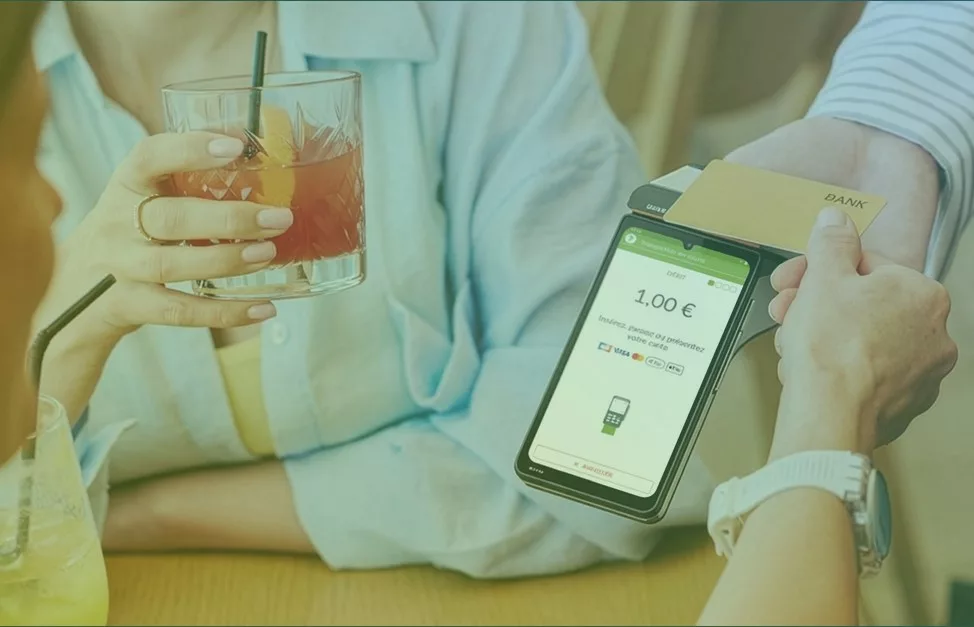Know new generations: understanding their habits will allow you to develop strategies to sell more in the future market
One of the many conclusions drawn during this COVID-19 crisis is the increasingly central need for the constant evolution of our business. Companies with the largest digital platform are precisely those that have managed to respond quickly to the necessary teleworking, a greater number of online sales, or electronic payments in general. In short, businesses which had anticipated future trends are getting ahead.
In this post, we will talk about the buying habits and trends of the younger generations, as well as how our business can jump on the bandwagon of companies with capacity to respond to cope with constant social evolution.

Millennials and Generation Z: a new concept of user experience
So we have to pay attention to the Millennial Generation (or Generation Y, those born between 1980 and 1994) and the Centennial Generation (or Generation Z, those born between 1995 and 2010). Popularly, these generations are known for being used to the total accessibility and flexibility of services and, obviously, to consume technology as an extension of themselves. In other words, technology has allowed them get what they want when and where they want.
As they enter the labour market, their purchasing power increases, and they become (increasingly) potential new clients
However, both generations are not alike as much as we may initially think. Centennials (the youngest) are growing up in a radically different socio-economic context than their predecessors, making them differentiate themselves in how and where they spend their money.
For example, Generation Z gives more importance to real socialization than to digital, preferring a real meeting to a video call. What does this mean? That the human component carries weight again in the user experience, but without losing sight of automation and digitization of services. And how does all this turn out in changes for your business? As you might already be expecting, in the progressive digitization of your platforms: from the beginning of the purchase process to the checkout or payment gateway.
How to sell more to a Millennial or Gen Z buyer
According to worldwide studies, Generation Z is made up of a population segment of more than 68 million people. This means there are 68 million potential buyers (with a rising spending power) we have to start to know. Some of their preferences and consumer habits are quite predictable, but others will surely surprise you.
A key strategy to sell more: make sure they find you online
According to recent studies, at least 50% of the so-called “Generation Z” admit their preference for digital media in their daily activities. Knowing that this is a generation of digital natives, this was quite to be expected. In addition, about 60% state their passion for shopping and, as we mentioned above, they are used to the full accessibility of services, no matter when or where they are. This means that, for example, they do not plan their trips or events in advance, but rather hope to find everything on the Internet along the way. This fact forces leisure, tourism and catering businesses to be (necessarily) on social networking sites, or cease to exist.
E-commerce: sell more online
Compared to their parents, generations Y and Z do not hesitate to shop online on the Internet. However, they need to feel safe: 38% of Generation Z and about 30% of Millennials require be assured that pages are reliable and have a secure payment gateway.
If you have read any of our previous posts, you know we love to talk about secure payment methods. Our sole objective is to develop the most effective and accessible fintech tools on the market in order to increase your sales (by means of management control and optimization of your finances).
We provide you with the main ways in which you can make your business more attractive to future generations: through fintech
- Customized services. We live in times of an overload of information and saturation by the media, where it is not easy to pay a little attention. It is even more important to gain the attention of the public that is truly likely to end up being our client: by affinity to our brand and principles, by having a tendency to experimentation, etc. For this reason, data management to obtain detailed statistics about our clients and their trends become commonplace. This is how financial data management arises: it consists of collecting data from your clients’ transactions to get information about where they are and their consumer patterns. In this way, it will be much easier for you not only to identify your customers, but to know how to communicate wit
- Recognizable and secure payment methods. It is simple, as well as essential. Offering payment gateways that are familiar to your clients multiplies your chances that they will actually make their purchase in your shop. Some of the payment systems you may have overlooked include: the Indian RuPay payment system or the Chinese Alipay and WeChat Pay. All three methods make your trade accessible to millions of new potential buyers, either online or offline (due to the tourist influx of these buyers).
It is evident that these are not easy times for anyone. Practically, all stores have stopped working and only the few with sufficient digital structure are able to maintain a part of their turnover. The rest remain vigilant regarding the evolution of this situation. If you are one of those who consider this reality as an opportunity to evolve and reformulate your way of doing, you will be interested in visiting our website. Get to know PayXpert and discover how financial technology can propel you into the future.





